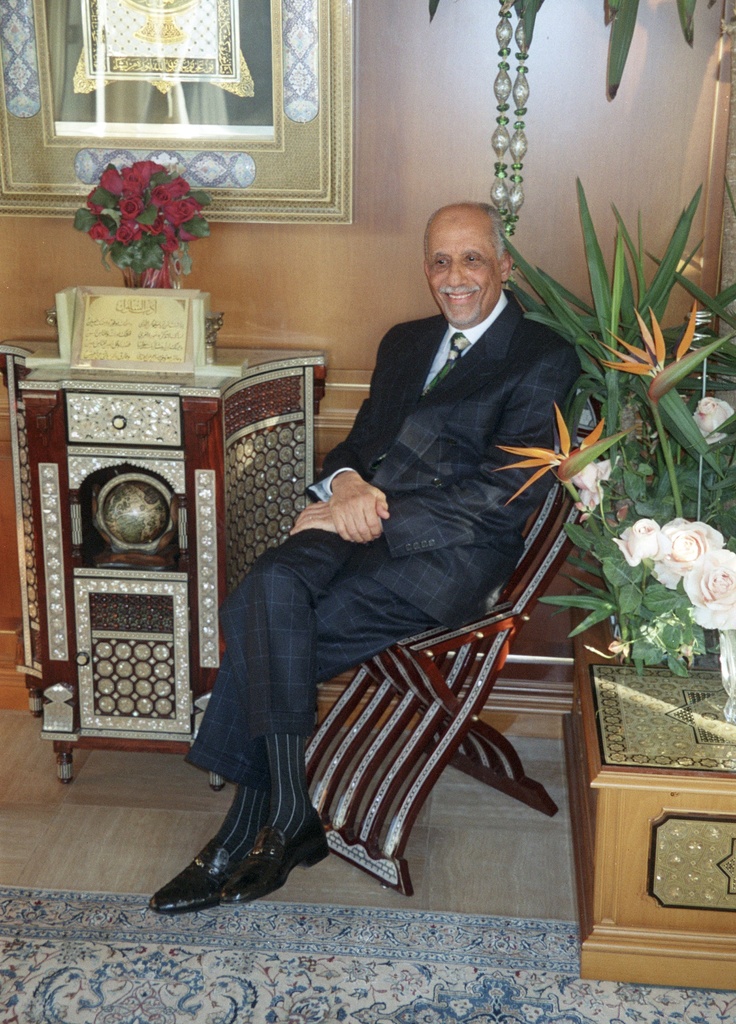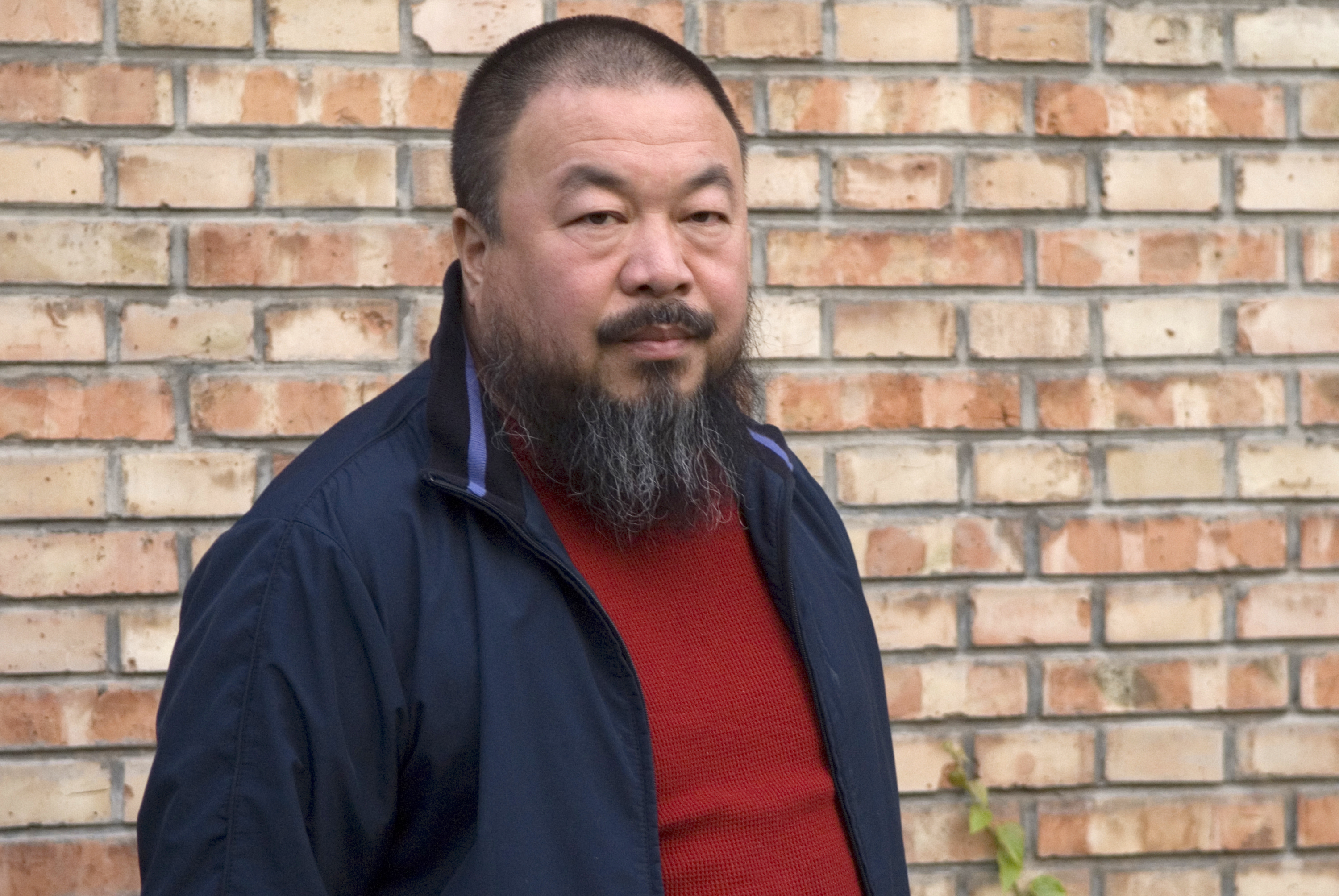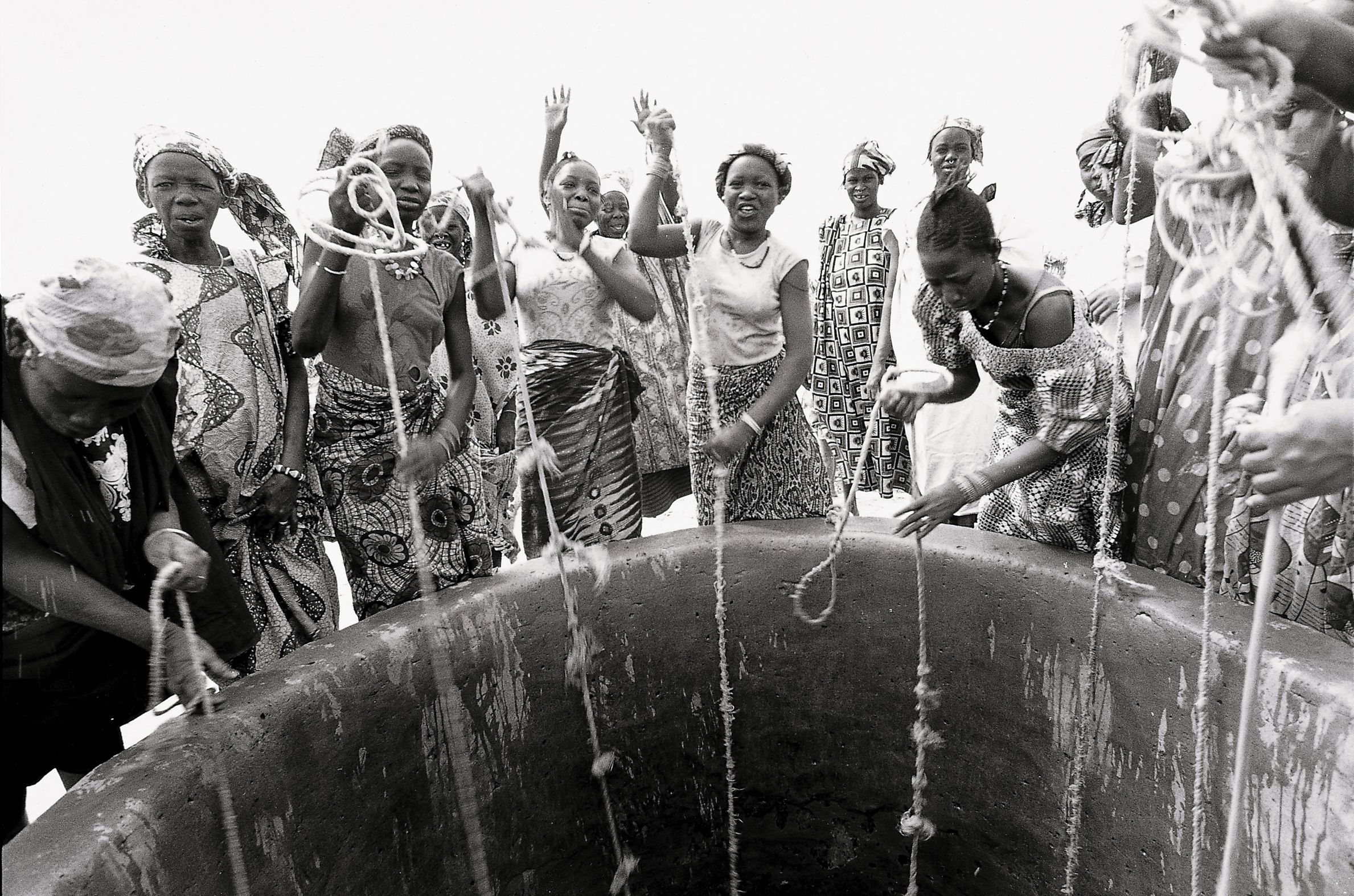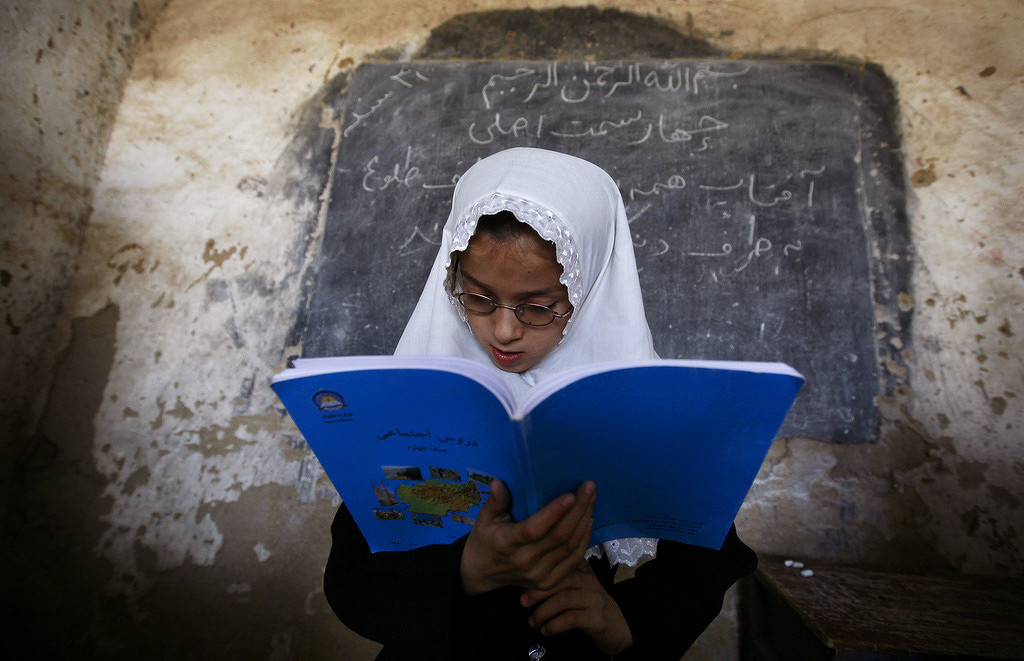Swiss drop bilateral dialogues on human rights

In a significant shift, Switzerland announced this week it would end its policy of engaging in bilateral dialogues with countries on human rights.
The policy, considered a cornerstone of Swiss human rights policy under the direction of Foreign Minister Micheline Calmy-Rey, saw Switzerland attempt to engage countries such as Iran, China and Vietnam in structured, but isolated, discussions about human rights issues in those countries.
In a statement, the foreign ministry said bilateral dialogues were “too strongly targeted to a change in normative standards in individual countries”, while their limited criteria failed to take into account particular relations and unfolding developments in partner countries.
“Furthermore, the model ran the risk of becoming marginalised as an isolated tool for the fostering of human rights,” the ministry said.
It said ending the use of bilateral dialogues was aimed at strengthening Switzerland’s human rights policy, with human rights issues to be diversified and integrated into “all domains” of Swiss foreign policy.
The decision to drop the bilateral dialogue mechanism was denounced by parliamentary critics as a recognition that the policy had achieved little concrete success in promoting human rights.
But other commentators praised the decision as one which would bolster Swiss efforts on human rights, giving diplomats scope to raise the issue in all its foreign and economic policy dealings with other countries.
Limited success
Doris Fiala, a member of the parliamentary Foreign Affairs Committee, said the ministry’s analysis of the direct dialogue policy was “depressing”.
She said the decision reflected the fact that the policy had had no impact on countries such as China and Iran.
“It has even happened sometimes that we have been ridiculed in the context of this dialogue. That is no longer acceptable,” Fiala, a member of the centre-right Radical Party, told ATS news service.
Another member of the committee, Christoph Mörgeli from the rightwing Swiss People’s Party, told ATS that the foreign ministry, by describing the change as a reinforcement of its human rights policy, was using “pretty words to cover up a total failure”.
But director of the non-governmental organisation Geneva for Human Rights, Adrien-Claude Zoller, told swissinfo.ch the change was about consolidating Switzerland’s previous efforts which had involved a programme of “very precise situations”.
“I don’t see it as a failure, on the contrary,” Zoller said. “All countries, whether they are big or small, have these problems with China, for example. Everyone talks to China, which doesn’t want to talk.”
Consolidation
Zoller said the integration of human rights promotion into all foreign policy areas was the “second phase” of a programme which had seen Switzerland increase its initiatives in the area of human rights over the past ten years.
“Switzerland has structured this programme quite well around some strong ideas. The [foreign ministry] has diplomats who are specialised in promoting human security in some precise countries,” he said.
“If everything that has been done [on human rights] until now, which is not bad, is going to be integrated into a global foreign affairs policy, including the economic policy, it becomes very interesting.”
Retired Swiss diplomat François Nordmann told swissinfo.ch issues such as the choice of partners, irregular scheduling of meetings and “competition” with the European Union had forced the government to change tack on its human rights policy.
“I think they made human rights a sort of absolute priority for foreign affairs policy over a long time and now I think they have realised that human rights are a dimension of foreign policy,” Nordmann said. “It’s about redirecting the effort in terms of human rights.”
Multilateralism
The decision to drop bilateral dialogues would allow Switzerland to reinforce the multilateral approach within organisations such as the Human Rights Council (HRC) and by partnering with the European Union, Nordmann said.
“It’s about consolidating the effort, to work with the EU which has the critical mass, and establishing partnerships,” he said. “We need to concentrate on reinforcing the multilateral approach within the Human Rights Council.”
Switzerland, despite its size, participates actively and takes “courageous decisions” which had had a positive impact on the HRC, Zoller said. Within the UN Security Council, the country had promoted improvements in efficiency and transparency which had been adopted by several countries.
“The question for Switzerland is what it does as a whole,” Zoller said.
He pointed to Switzerland having taken the lead on freezing dictators assets and the establishment of an office in Tunisia by the Swiss Agency for Development and Cooperation (SDC) as areas where Swiss diplomacy was having a significant impact on human rights.
“In Tunisia, Switzerland has engaged in cooperation – we see already there that human rights are a part of the foreign policy. What I read [in the foreign policy decision], I already see happening in Tunisia and I think it’s very positive.”
According to the foreign ministry in December 2009, human rights dialogues were a “relatively new” diplomatic mechanism for the implementation of human rights policy.
They were discussions that were officially agreed with other countries and involved supporting human rights projects.
Objectives included improving the human rights situation in the medium to long term, procuring the release of political prisoners and promoting cooperation with the UN.
Dialogue subjects involved abolishing the death penalty, protection from torture, criminal prosecution and the penal system, and protecting minorities and religious freedom.
Switzerland had engaged in such discussions with China, Vietnam, Iran, Russia and Cuba.
In 2005, the Swiss embassy in Jakarta entered into a human rights dialogue with Indonesia about improving the protection of vulnerable sections of the population, such as women, religious minorities and migrant workers.

In compliance with the JTI standards
More: SWI swissinfo.ch certified by the Journalism Trust Initiative





You can find an overview of ongoing debates with our journalists here. Please join us!
If you want to start a conversation about a topic raised in this article or want to report factual errors, email us at english@swissinfo.ch.